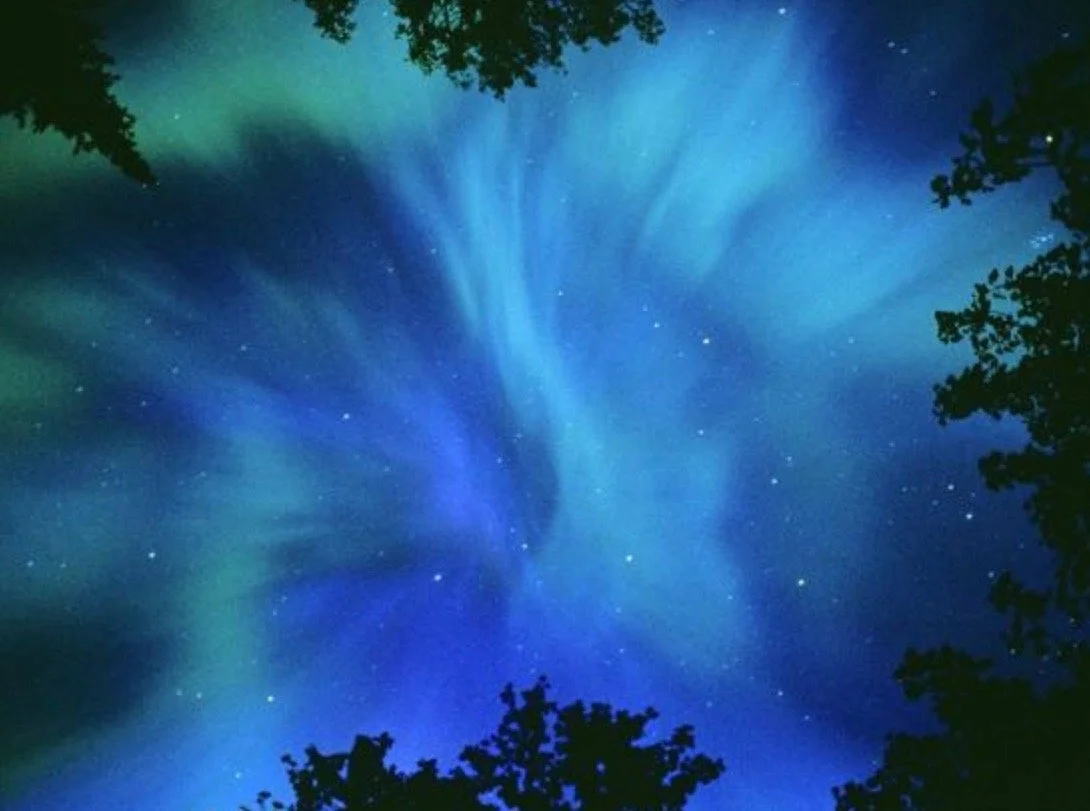A Little More Rilke
Dear Friends,
It's agonizing to read about Ukraine's counteroffensives in Russia. Not that we can be surprised that aggression breeds aggression, that suffering multiplies.
How futile it can seem to turn from this world of war, death, destruction, danger on all fronts, to the world of Tao. But we are not turning away; we are widening our view.
Taoism has always used water as an emblem: water which is so life-giving, so common, and has no shape of its own but takes the shape of its container. Fresh water comes from mysterious sources: from misted mountains above us, from springs darkly below us, from the sky itself. Here's the close of Chapter 32, in Le Guin's version:
The Way in the world
is as a stream to a valley,
a river to the sea.
Here's Rilke, in his poem "Progress":
And again my deep life rustles louder,
as if it flowed through wider banks.
Things grow ever more related to me,
and all images more beheld.
I feel closer to the nameless.
With my senses, as with birds,
I reach into the windy heavens from the oak,
And into the broken-off day of the pond,
my feeling dives down like a fish.
Just like in his "The Seer," which we looked at over the last two weeks, Rilke wants to become nameless. This is his commitment to attention: the flowing capacity to mingle with any mind and any phenomenon -- like "the wise" in another chapter, number 49, from the Tao Te Ching:
They mingle their life with the world,
they mix their mind up with the world. [Hinton translation]
"Our life is a stream whose source is hidden," says Emerson. "I feel myself, thinking, at one with the stream of world-occurrence," says Steiner. "You never step into the same river twice," says Heraclitus. William James first referred to the "stream of consciousness." And there is nothing outside consciousness.
with love,
Michael




